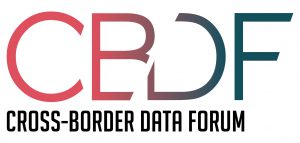- Posted on June 25, 2019
- BY Jennifer Daskal
In her Yale Law Journal Online article Privacy and Security Across Borders, Daskal analyzes the impetus and results of three recent initiatives for law enforcement access to data: the U.S. Cloud Act; the EU E-Evidence proposal; and recent Australian legislation. The article highlights these initiatives’ promise and limits, and offers a way forward. Daskal explains that there is, on the one hand, the risk of governments demanding access to all information anywhere and everywhere, in ways that will almost certainly [...]

